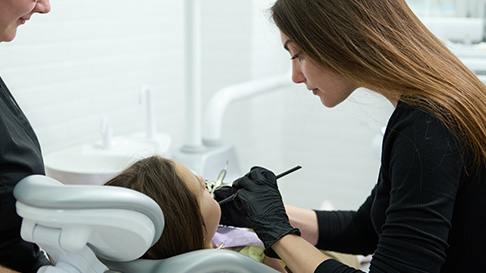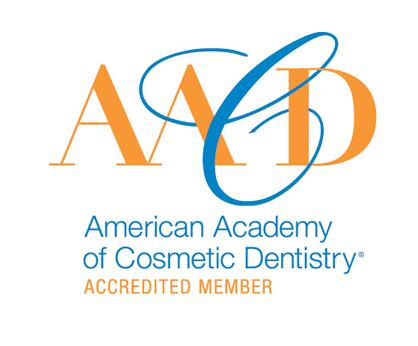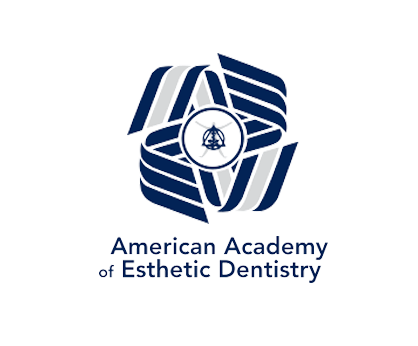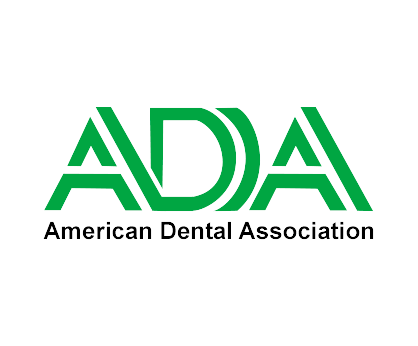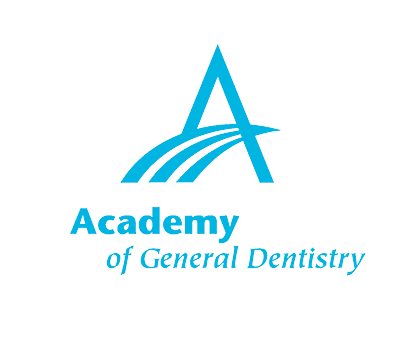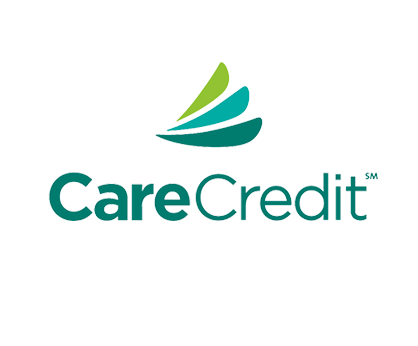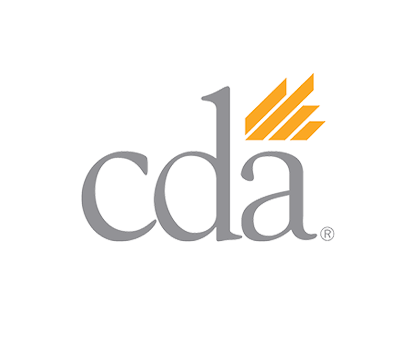Oral health is a critical component of overall well-being, yet it's often overlooked in our busy lives. Prophylaxis cleaning, a preventative dental care treatment, plays a crucial role in maintaining oral hygiene and preventing diseases. In this comprehensive guide, we explore how poor oral health can affect your systemic health, what oral prophylaxis treatment entails, and how regularly you should schedule these essential cleanings.
How Does Poor Oral Health Affect Health?
Poor oral hygiene is a major factor in the development of periodontal diseases, which are infections of the gums that can affect the bone structure supporting teeth. When these conditions are left untreated, they can lead to tooth loss and other significant dental issues. But the impact of poor oral health extends far beyond the mouth. Research has established connections between periodontal diseases and various systemic health problems.
One of the most significant links is with cardiovascular diseases. The inflammation caused by periodontal disease can contribute to the buildup of plaque in the arteries, increasing the risk of atherosclerosis—a condition that can lead to heart attacks and strokes. Bacteria from the mouth can also travel through the bloodstream and cause endocarditis, an infection of the inner lining of the heart.
Furthermore, there is a well-documented association between diabetes and periodontal disease. Diabetics are more susceptible to periodontal disease, and this type of gum disease can also make diabetes harder to control, creating a vicious cycle of worsening oral and systemic health. The inflammation from periodontal disease can increase insulin resistance and lead to poorer blood sugar control.
Respiratory illnesses, including pneumonia and chronic obstructive pulmonary disease (COPD), have also been linked to poor oral health. Bacteria in the mouth can be aspirated into the lungs, leading to respiratory infections and exacerbating existing lung conditions.
In addition, poor oral health can have an impact on pregnancy outcomes. Studies suggest a correlation between periodontal disease and preterm birth as well as low birth weight in infants. The theory is that oral infection and inflammation may trigger an increase in certain biological fluids that induce labor.
Finally, the psychological impact of poor oral health should not be underestimated. Issues like bad breath, tooth decay, and tooth loss can lead to decreased self-esteem, social isolation, and a lower quality of life. This psychological stress can, in turn, have a negative effect on overall physical health, demonstrating the interconnected nature of oral health and general well-being.
Maintaining good oral hygiene through regular brushing, flossing, and dental check-ups is vital not only for the health of your teeth and gums but also for your overall health. Neglecting oral health can lead to much more serious conditions than cavities and gum disease; it can be a contributing factor to systemic health issues that can significantly impact one's quality of life and longevity.
What is Oral Prophylaxis Treatment?
Oral prophylaxis, or dental cleaning, is an essential aspect of maintaining oral health and preventing the onset of dental diseases. This professional cleaning procedure is much more thorough than everyday brushing and flossing at home. During a prophylaxis session, dental hygienists use specialized tools to meticulously remove plaque, tartar (also known as calculus), and stains from the teeth. Plaque is a sticky film of food debris, bacteria, and saliva that can harden into tartar if not removed regularly. Tartar can then lead to gum disease if it accumulates under the gumline.
The process of prophylaxis cleaning typically includes several steps. Initially, the dental hygienist will conduct an examination of the oral cavity to assess the presence of plaque and tartar. Following the assessment, scaling is performed to remove plaque and tartar from the tooth surfaces and beneath the gums. This is done using hand scalers and ultrasonic devices, which break up tartar and plaque with high-frequency vibrations.
After scaling, the teeth are polished using a high-speed brush and a gritty toothpaste-like material. Polishing smooths the surfaces of the teeth, making it more difficult for plaque to adhere and reducing the risk of future buildup. This part of the treatment not only cleans the teeth but also leaves them feeling smooth and shiny.
In cases where excessive tartar has built up, particularly below the gum line, a procedure called debridement may be necessary. This involves using more advanced scaling techniques to remove large deposits of tartar that cannot be eliminated with standard cleaning. Debridement is important for preventing periodontal disease, which can lead to bone and tooth loss if left untreated.
Fluoride treatment is often included in the prophylaxis process, especially for patients at high risk of tooth decay. Fluoride helps to strengthen the tooth enamel, making it more resistant to decay. This preventative measure can be crucial in maintaining long-term dental health.
Prophylaxis cleaning also offers the dentist an opportunity to closely examine the mouth for any signs of oral health issues. This can include checking for signs of tooth decay, gum disease, and oral cancer. Early detection of these conditions is vital for effective treatment and can prevent more serious health problems in the future.
In summary, oral prophylaxis treatment is a comprehensive dental cleaning procedure that not only helps in maintaining oral hygiene but also plays a critical role in the early detection and prevention of dental and periodontal diseases. Regular prophylaxis cleanings are an investment in your oral health and contribute significantly to your overall well-being.
How Often Should You Have Oral Prophylaxis?
The frequency of oral prophylaxis treatments varies from person to person, depending on individual oral health needs and risk factors. Generally, dentists recommend undergoing prophylaxis cleaning at least twice a year. However, those with a higher risk of dental diseases, such as smokers, diabetics, and individuals with a history of gum disease, may need more frequent cleanings. Regular check-ups allow your dentist to monitor your oral health and adjust the frequency of cleanings as needed.
Maintaining regular dental appointments for prophylaxis cleaning is essential for keeping your teeth and gums healthy. These visits not only ensure the removal of plaque and tartar but also provide an opportunity for early detection and treatment of potential oral health issues.
In conclusion, oral prophylaxis is more than just a cleaning treatment; it's a preventive measure that safeguards your overall health. Don't let oral health issues go undetected and untreated. Schedule your prophylaxis cleaning appointment today and take a significant step towards maintaining your health and well-being. Your smile and your body will thank you for it!


